The records left by the Freedmen’s Bureau through its work between 1865 and 1872 constitute the richest and most extensive documentary source available for investigating the African American experience in the post-Civil War and Reconstruction eras. Historians have used these materials to explore government and military policies, local conditions, and interactions between freedpeople, local white populations, and Bureau officials.
These records present the genealogist and social historian with an unequaled wealth of information that extends the reach of black family studies. Documents such as local censuses, marriage records, and medical records provide freedpeople’s full names and former masters; Federal censuses through 1860 listed slaves only statistically under the master’s household. No name indexes are available at this time, but the documents can be rewarding, particularly since they provide full names, residences, and, often, the names of former masters and plantations.






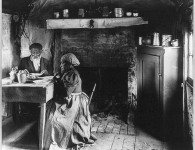


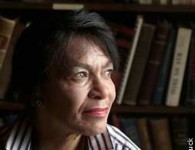
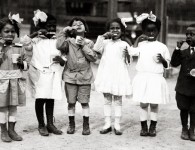
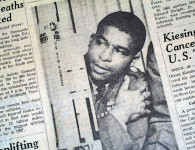



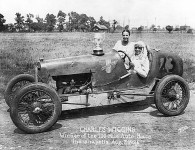
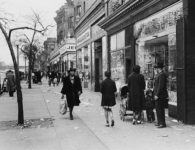


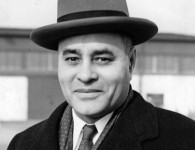

No comments